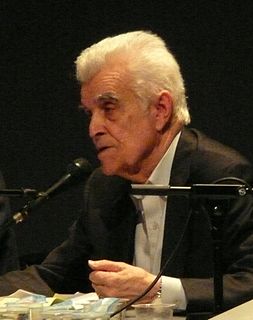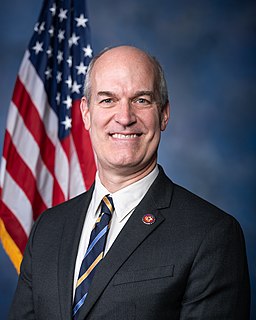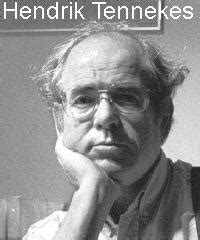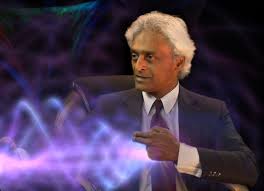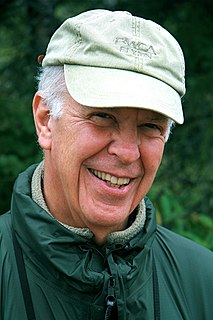A Quote by Howard Rheingold
Its not a global village, but we're in a highly interconnected globe.
Quote Topics
Related Quotes
Power is global and politics is local. That must change. We need a new language for understanding new global power formations as well as new international modes of politics to fight them. Social movements must move outside of national boundaries and join with others across the globe to fight the savagery of neoliberal global politics and central to such a task is the work of intellectuals, artists, cultural workers, and others who can fashion new tools and social movements in the fight against the current anti-democratic threats being imposed all over the globe.
When you look at the global situation, if America learned to be one of the many countries in the world and to find its way to cooperate with people and bring a global peace that could bring great prosperity to this globe, there is still a chance of that, and that's a big lesson from history. We are not paying attention to that.
As we enter the 21st Century it is clear that we have entered an unprecedented global age in which our diverse cultures, religions, philosophies, worldviews and perspectives encounter one another in the marketplace of our global village. It is now clear that our future sustainability on this planet calls for radical advances in our rational and human capacities to negotiate the powerful forces between worlds as the human family moves towards a sustainable global civilization.


